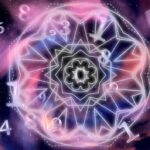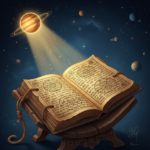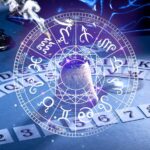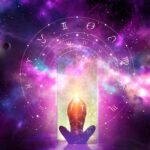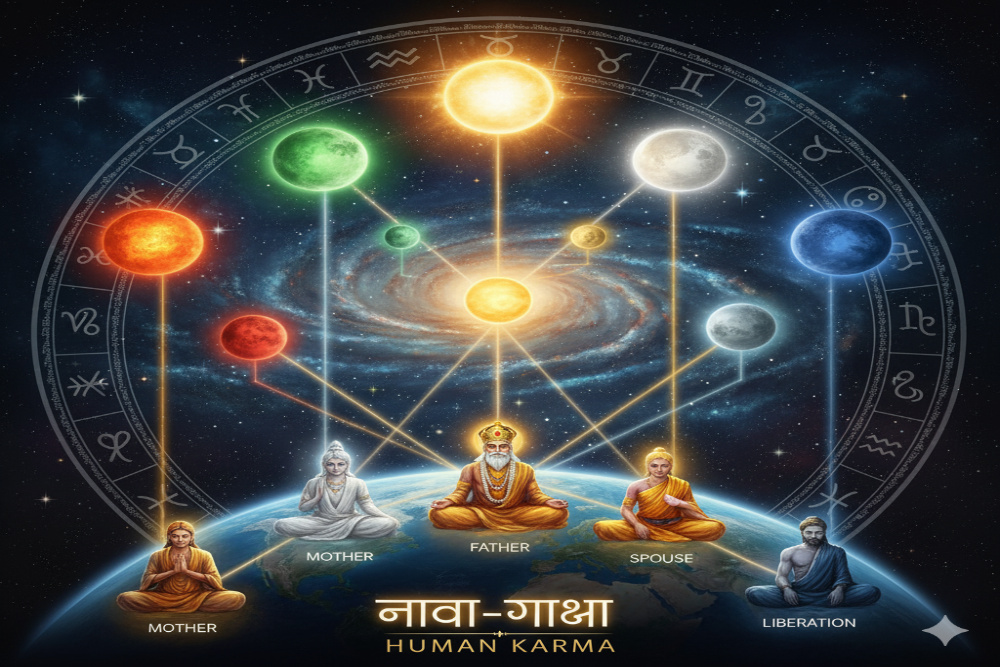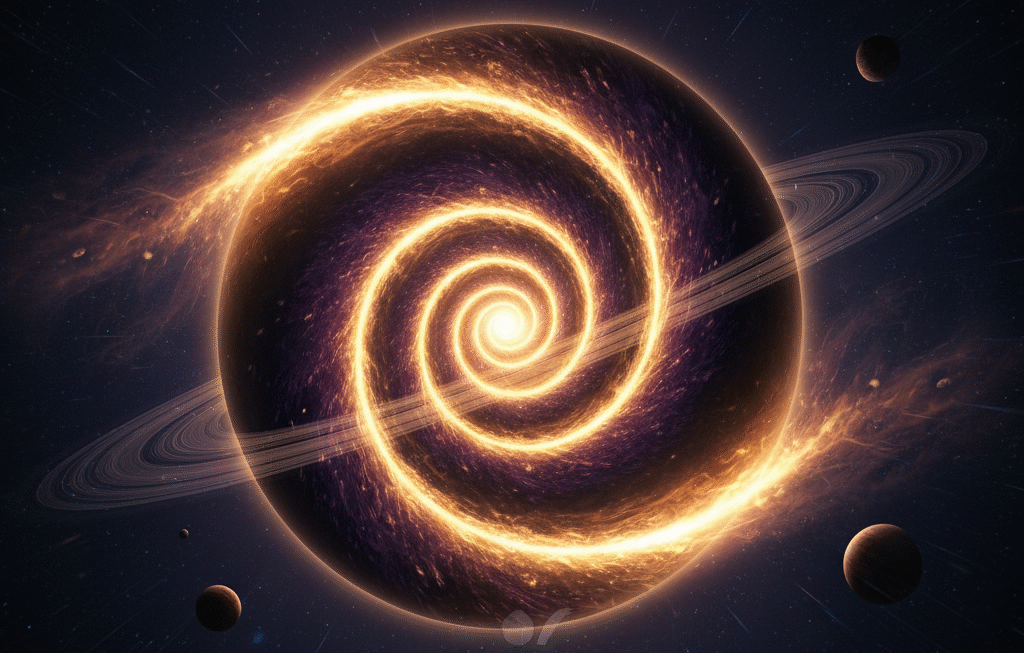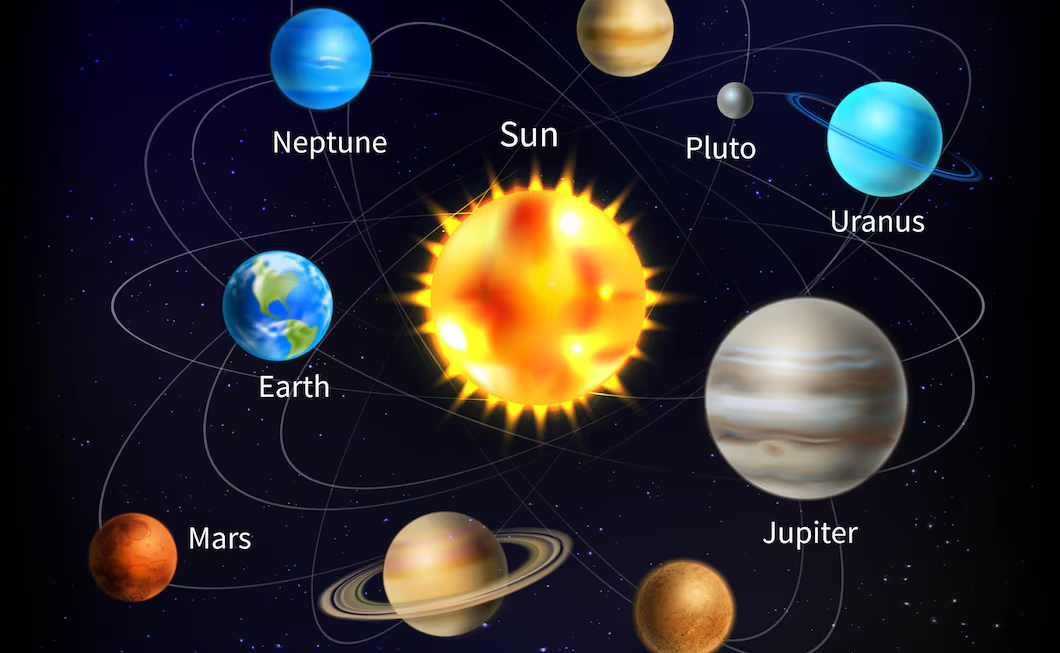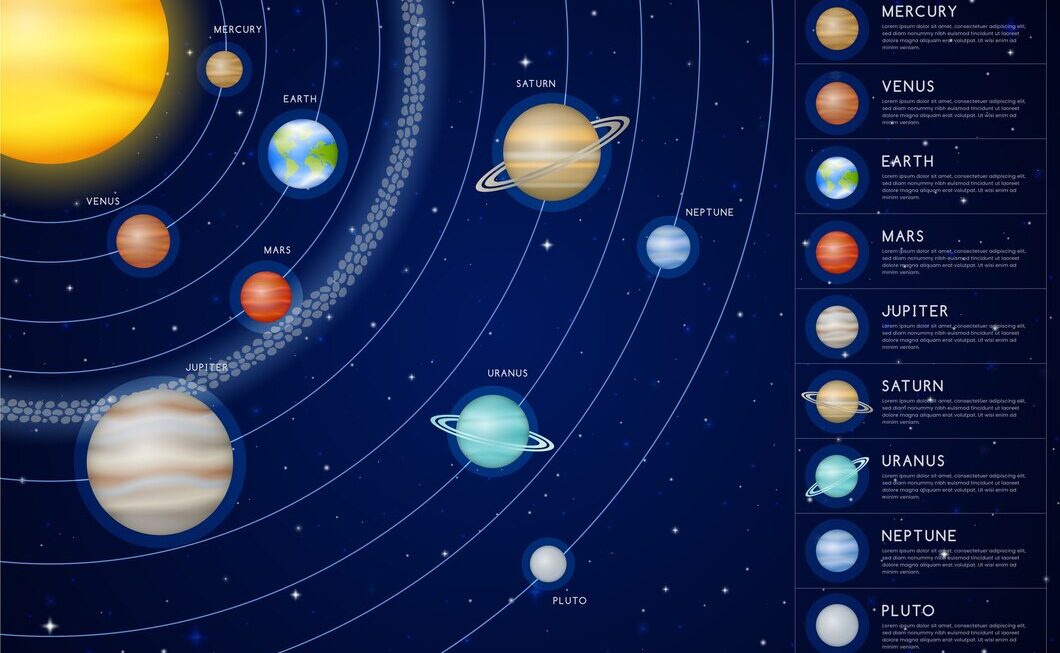What if I told you there is a divine “doer” for every major aspect of your life? A living, conscious archetype who signifies, or is the source of, your father, your mind, your wealth, and even your sorrows? In the profound cosmic science of Vedic Astrology, this is the secret of the Planetary Karakas.
The word Karaka (कारक) is a Sanskrit term that literally means “the one who does,” “the maker,” or “the significator.” It is the causal force. In the complex, predictive tapestry of Jyotish, the planets (Grahas) are not just “symbols” of your life; they are the divine agents who actively bring those life events into being.
This “significator” concept is the key that unlocks the chart. When you understand the planetary karakas, you are no longer just looking at a map; you are meeting the divine entities responsible for your journey.
This deep dive will explore the Naisargika Karakas—the natural significators planets. These are the default, universal, and eternal “jobs” held by each of the nine Grahas, regardless of what chart they are in. They are the source code of your reality.
The Core Secret: What is a Natural Karaka?
This is the central pillar of Jyotish, and it’s where we must build our foundation.
Opinion: The natural significators planets are not just symbols for things; they are the divine, living source from which those things emanate in your life.
Reason: In the Vedic worldview, the macrocosm (the planets) and the microcosm (your life) are one. The planets are seen as conscious, cosmic entities. The Sun (Surya) doesn’t just represent your father; he is the Pitrukaraka—the universal, divine archetype of “Father.” The Moon (Chandra) is the Matrukaraka—the universal archetype of “Mother” and “Mind.” Your personal chart simply shows your unique, karmic relationship to that universal archetype.
Example: Let’s take the Moon as the Manas Karaka (Significator of the Mind). If your natal Moon is bright, full, and well-placed, it means your connection to the source of “mind energy” is clear, stable, and strong. You will likely have emotional resilience and mental peace. If your Moon is dark (New Moon) and afflicted by Saturn, it doesn’t mean you are “bad”; it means your karma with the source of the mind is complex, and you are here to work on lessons of emotional discipline and detachment.
Opinion/Restatement: Therefore, analyzing these planet indicators is the first step to understanding the fundamental quality of your life’s experiences. The houses (Bhavas) show where in your life the event happens, but the Karakas show the quality, source, and strength of the event itself.

The Pantheon of Power: The Nine Natural Karakas
Let us now meet the divine cabinet. These are the primary, natural karakas that every student of Jyotish must know by heart.
Surya (The Sun): The Karaka of the Soul & Father
- Primary Karakas: Atmakaraka (Soul), Pitrukaraka (Father)
- Surya is the king, the center, the divine light. He is your Atman (your eternal soul) and your core vitality. He is the significator of your father, your relationship with him, and his influence. He also represents your ego, your sense of self, your health, your connection to authority, and the government.
Chandra (The Moon): The Karaka of the Mind & Mother
- Primary Karakas: Manas Karaka (Mind), Matrukaraka (Mother)
- Chandra is the queen, the reflector, the divine nurturer. He (the deity is male, the energy is feminine) is the Karaka for your perceptual mind, your emotions, your feelings, and your subjective experience of life. He is the primary significator for your mother, your childhood, your home, and your capacity to nurture and be nurtured.
Budha (Mercury): The Karaka of Intellect & Speech
- Primary Karakas: Buddhi Karaka (Intellect), Vani Karaka (Speech)
- Budha is the prince, the messenger, the divine analyst. He is the “doer” of your buddhi—your analytical, logical, and discerning intellect. He governs all communication, speech, writing, data, commerce, trade, and learning. He is the source of your skills, your wit, and your adaptability.
Shukra (Venus): The Karaka of Love, Luxury & Spouse
- Primary Karakas: Kalatra Karaka (Spouse), Sukha Karaka (Pleasure/Comfort), Vahana Karaka (Vehicles)
- Shukra is the divine artist, the guru of the material world. He is the primary “doer” of your spouse and your marriage (for a male chart, specifically, but the general significator for all). He is the source of all pleasure, luxury, beauty, art, romance, sensuality, wealth, and comforts.
Brihaspati (Jupiter): The Karaka of Wisdom, Fortune & Children
- Primary Karakas: Guru Karaka (Teacher), Dhana Karaka (Wealth), Putra Karaka (Children)
- Brihaspati is the great teacher, the divine minister of wisdom. He is the source of all divine grace, optimism, and expansion. He is the “doer” of your gurus (teachers), your philosophy, and your dharma. He is the primary significator for children (Putra) and all forms of abundance and wealth (Dhana).
Shani (Saturn): The Karaka of Karma, Time & Sorrow
- Primary Karakas: Karma Karaka (Action/Career), Ayush Karaka (Longevity), Dukha Karaka (Sorrow)
- Shani is the great judge, the lord of time and consequences. He is the “doer” of your karma, not just in the past, but your career (your karmic duty in this life). He is the source of discipline, structure, and reality. He signifies longevity (Ayush), as well as the sorrows (Dukha) and delays that teach us detachment.
Mangal (Mars): The Karaka of Energy, Conflict & Siblings
- Primary Karakas: Bhratru Karaka (Brothers/Siblings), Bhumi Karaka (Land), Parakrama Karaka (Courage)
- Mangal is the divine soldier, the commander-in-chief. He is the “doer” of pure action. He is the source of your energy, your courage, your willpower, and your drive. He is the significator for your siblings (especially brothers), all conflicts and arguments, and your connection to land (Bhumi) and property.
Rahu (North Node): The Karaka of Obsession & Foreigners
- Primary Karakas: Mleccha Karaka (Foreigners), Maya Karaka (Illusion)
- Rahu is the obsessive, insatiable dragon’s head. He is a chhaya graha (shadow planet) but a powerful karaka. He is the “doer” of all things foreign, unconventional, and outside the norm. He is the source of your worldly, material obsessions, your ambitions, and the maya (illusion) of the digital age, technology, and intoxicants.
Ketu (South Node): The Karaka of Liberation & Detachment
- Primary Karakas: Moksha Karaka (Liberation), Jnana Karaka (Spiritual Knowledge)
- Ketu is the detached, headless dragon’s tail. He is the divine “doer” of release. He is the source of your past-life mastery and the innate, intuitive wisdom (jnana) you carry. He is the significator for ascetics, monks, and the final, ultimate goal of life: Moksha, or spiritual liberation.
Putting It All Together: The Karaka vs. The House (Bhava)
This is where the magic of Jyotish analysis happens. You must always check two things:
- The House (Bhava): This is the “department” of your life (e.g., the 7th House is the “Department of Marriage”).
- The Karaka (Significator): This is the “minister” in charge of that theme universally (e.g., Venus is the “Minister of Marriage”).
Think of it as a divine “two-factor authentication.”
- Example 1: Analyzing Your Career
- You first look at your 10th House (the “department” of career).
- Then, you must look at the Karaka for career: Saturn (Karma Karaka).
- Scenario A: Your 10th house is strong, AND your Saturn is strong (e.g., in Libra). This is a double blessing! The “department” is strong, and the “minister” is wise and powerful. This indicates a very strong, stable, and high-status career.
- Scenario B: Your 10th house is strong, but your Saturn is weak (e.g., in Aries). This is a mixed signal. You may get a high-status job (strong 10th house), but you may hate your work, feel no discipline for it, or have to struggle constantly (weak karaka). The “minister” is weak, so the quality of the experience suffers.
- You first look at your 10th House (the “department” of career).
- Example 2: Analyzing Your Mother
- You first look at your 4th House (the “department” of mother and home).
- Then, you must look at the Karaka for mother: The Moon (Matrukaraka).
- If the Moon is afflicted (e.g., conjunct Saturn or Rahu), your source connection to the “mother” archetype is one of difficulty, duty, or illusion, even if your 4th house is empty or looks simple.
The karaka planets are the source code of your life. The houses are merely the stage where that code is expressed. To understand your chart, you must first understand the strength and dignity of these divine “doers.”
When you look at your chart, do not just see planets. See the Karakas. See the divine agents, each with a profound role, patiently waiting to deliver the lessons your soul came here to learn.
